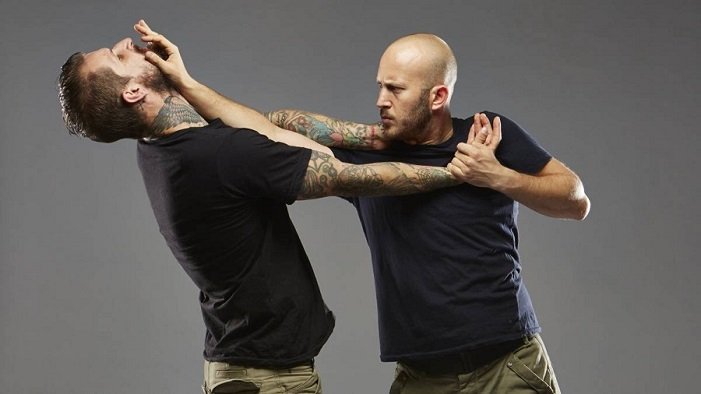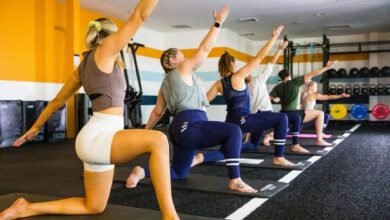Lifestyle
Essential Self-Defense Tips: Protect Yourself with Confidence

Self-defense is a crucial skill that everyone should possess. Knowing how to protect yourself in various situations can boost your confidence and safety. Here are some essential self-defense tips to help you stay safe and prepared.
10 Self-Defense Tips Bellow:
1. Be Aware of Your Surroundings
- Stay Alert: Always be conscious of your environment. Avoid distractions like your phone when walking in unfamiliar or potentially dangerous areas.
- Trust Your Instincts: If something feels off, trust your gut and remove yourself from the situation.
2. Maintain a Confident Demeanor
- Body Language: Walk with confidence. Stand tall, make eye contact, and keep your hands visible.
- Vocal Assertiveness: Don’t be afraid to use a firm, loud voice to assert boundaries or call for help.
3. Escape and Evade
- Distance Yourself: If you sense danger, create distance between you and the potential threat. Run towards populated or well-lit areas.
- Use Obstacles: Put objects like cars, benches, or trees between you and the attacker to slow them down. Start your self defense class now from SGS Krav Maga.
4. Simple Physical Techniques
- Target Vulnerable Areas: Aim for the eyes, nose, throat, and groin. These areas are sensitive and can incapacitate an attacker temporarily.
- Basic Moves: Learn simple techniques such as:
- Palm Strike: Use the heel of your palm to strike the attacker’s nose.
- Elbow Strike: Use your elbow to hit the attacker’s chin or stomach.
- Knee Strike: Bring your knee up into the attacker’s groin.
5. Use Everyday Objects as Weapons
- Keys: Hold them between your fingers or use them to strike.
- Pens: Can be used to jab or poke.
- Personal Alarms: Carry a whistle or personal alarm to draw attention.
6. Take Self-Defense Classes
- Martial Arts: Consider taking classes in martial arts like Krav Maga, Brazilian Jiu-Jitsu, or Taekwondo to build your skills.
- Workshops: Many community centers offer self-defense workshops that provide practical techniques and scenarios.
7. Stay Fit and Healthy
- Regular Exercise: Maintaining physical fitness can improve your strength, agility, and overall ability to defend yourself.
- Healthy Lifestyle: A healthy diet and regular sleep contribute to your alertness and energy levels.
8. Set Boundaries
- Verbal Boundaries: Clearly communicate your boundaries with strangers. Firmly say “no” or “stop” if someone invades your personal space.
- Physical Boundaries: Don’t be afraid to use your hands to push someone away if they get too close.
9. Carry Self-Defense Tools
- Pepper Spray: Effective and easy to use. Ensure you know how to operate it and have it accessible.
- Personal Alarm: A loud noise can startle an attacker and attract attention.
10. Stay Informed and Prepared
- Learn About Local Threats: Be aware of crime rates and common dangers in your area.
- Plan Your Routes: Know safe routes to and from regular destinations and identify safe places you can go if needed.
Conclusion
Self-defense is about being prepared and confident in your ability to protect yourself. By staying aware, learning simple techniques, and maintaining a confident demeanor, you can significantly enhance your personal safety. Remember, the best defense is often avoiding dangerous situations altogether, so always stay alert and trust your instincts.



